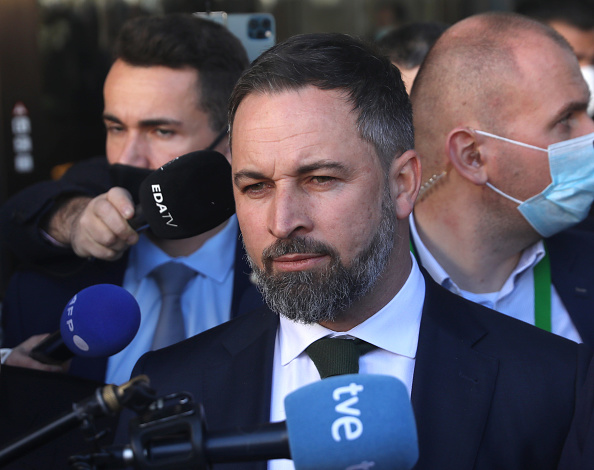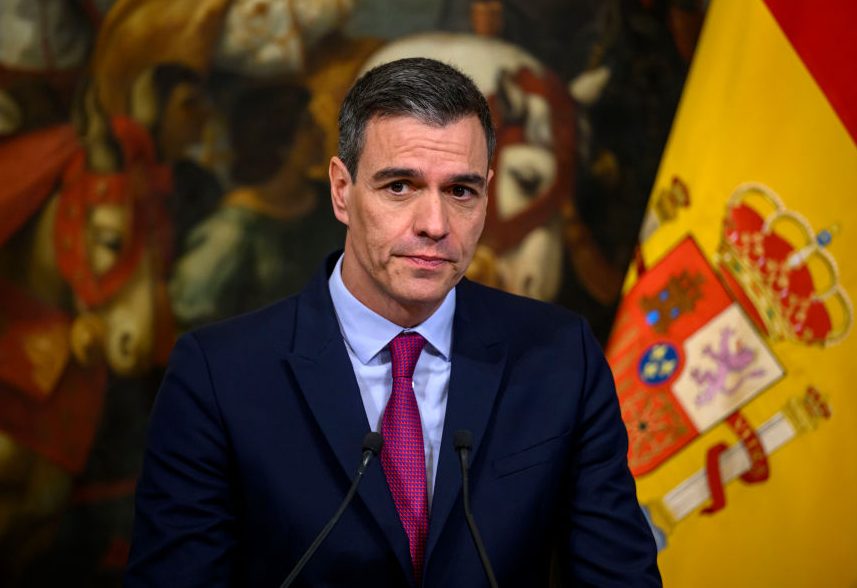Alberto Núñez Feijóo’s centre-right Partido Popular (PP) has triumphed in Spain’s general election though his result has fallen short of the party’s expectations. The PP obtained 33 per cent of the vote, or 136 seats in Parliament: 40 seats short of the 176 absolute majority. Most polls predicted more than 150 seats for the PP.
After a late rally by the Spanish Socialist Party (PSOE), the PP seems to have beaten the incumbent by a razor-thin margin. The Socialists led by Prime Minister Pedro Sánchez obtained 31.7 per cent of the votes. Socialists are set to end up with 122 seats in Congress—two more than in the November 2019 election.
As expected, the third and fourth places went to the Conservative party Vox and the Progressive party Sumar. The Spaniards gave Santiago Abascal’s Vox 33 seats in Congress, 19 less than in 2019. Vice President Yolanda Díaz’s Sumar—a “movement” that groups several parties from the left—won 31 MPs.
The results open up different scenarios, with no clear government in sight. PSOE and Sumar together do not have enough seats to hit the 176-seat absolute majority. Neither does a coalition between PP and Vox.
As the candidate leading “the most voted list”, Feijóo claimed his right to form a government. “The PP has won the general elections again”, announced Feijóo from the PP’s headquarters in Madrid. “We won 40 of the 50 provinces and two autonomous cities”.
He added that Spaniards have “trusted the PP” to “lead a dialogue”.
He continued: “As the candidate with the most support I take up the responsibility to lead that dialogue…I ask the Socialist Party not to block the government”. His statement foreshadows negotiations during which —as Feijóo implied during his campaign—he would ask Sánchez’s tacit approval to “try to govern” with a congressional minority, a difficult task.
Santiago Abascal from Vox congratulated Feijóo but lamented the PP leader’s proximity to the PSOE. His analysis was not as optimistic. “Pedro Sánchez could block [Feijóo’s] investiture,” he warned.
“Worse,” he added. “Sánchez could lead a government himself with the support of the Communists, the separatists, and the terrorists, with more strength than last time”.
This scenario brings to the fore the role of smaller parties. The Catalonian and Basque separatist forces, abstentions by Esquerra Republicana (ERC) and EH Bildu in 2019 unlocked Sánchez’s investiture. The help of Carles Puidgemont’s separatist Catalan party—Junts per Catalunya—could give Sánchez options to form a minority government, despite effectively losing to Feijóo.
Sánchez celebrated at PSOE’s headquarters, claiming that “the PP-Vox bloc of ‘regression’ has been defeated”.
He continued: “We won more votes and more seats.” His governing partner, Yolanda Díaz added: “I think people will sleep at ease tonight.”
PSOE and Sumar would have to accommodate five different parties to have a chance at governing. Feijóo, on the other hand, must negotiate with an emboldened Sánchez.
The chances that any of these negotiations will result in a governing coalition are slim. Another general election before the end of the year seems likely.





